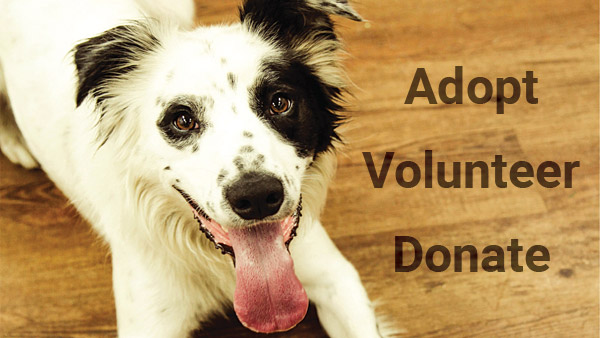Mackenzie’s Animal Sanctuary Assists with Parvo Scare
- This topic has 0 replies, 1 voice, and was last updated 16 years, 3 months ago by .
Viewing 1 post (of 1 total)
Viewing 1 post (of 1 total)
- You must be logged in to reply to this topic.


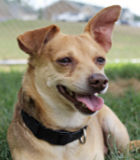

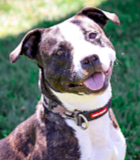
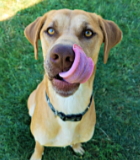
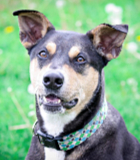
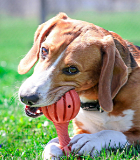
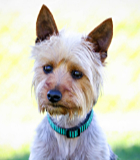
Home » Topics » Paws News & Views » Mackenzie’s Animal Sanctuary Assists with Parvo Scare
We are excited to share that we are now partnering with Bonfire, an online store to raise funds by selling Mackenzie’s shirts. Learn more...

 Thank you for your generous donations to Mackenzie's!
The collars are incredible!
Thank you for your generous donations to Mackenzie's!
The collars are incredible!GRAND RAPIDS, Mich., Feb. 23 /PRNewswire/ — Following a Parvo scare at the Montcalm County Animal Shelter, Mackenzie’s Animal Sanctuary is functioning as a temporary quarantine holding area for various animal welfare groups until the virus is contained.
Upon receiving the call, Mackenzie’s was able to set up isolation protocol within 24 hours and began taking in dogs on Friday, February 13. In the past week, Mackenzie’s has welcomed 13 dogs, one of which gave birth to three puppies after arriving. Two dogs, both of them 3 month old Huskies, did test positive for Parvo. They were temporarily hospitalized and are now recovering at Mackenzie’s. All dogs that have arrived are undergoing comprehensive screening including Parvo testing, de-worming, Heartworm testing, Rabies vaccination, and a general wellness check.
Parvo, short for Parvovirus, is a common viral illness for dogs, particularly puppies. The virus attacks digestive system lining, preventing absorption of liquids and nutrients. Since it is transmitted through fecal matter and remains infectious in the environment for months, prevention and treatment are crucial in shelters and sanctuaries.
"Mackenzie’s is devoted to saving all dogs, as is evident by our status as a no-kill sanctuary," said General Manager Erik Bauer. "We are glad to help out in this situation and thankful that we have the resources to devote to it. Our staff’s dedication to saving lives really rings true in their quick response and constant vigilance in dealing with such a resilient virus."
Bauer projects that this process will have to continue for as long as two months to ensure that the virus is contained and that all the dogs are healthy.

